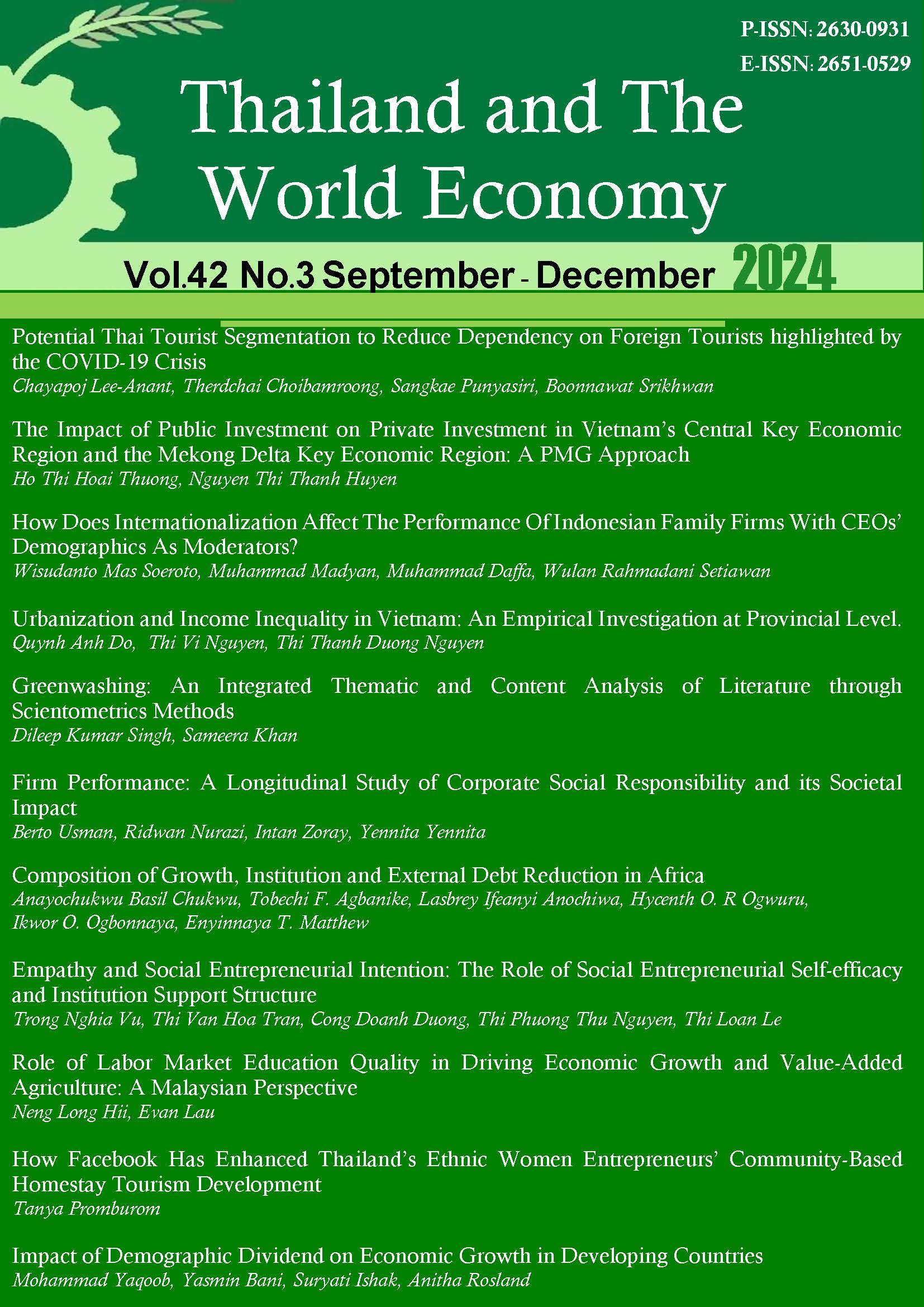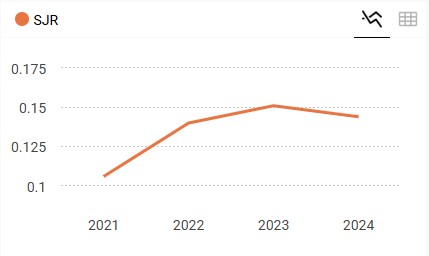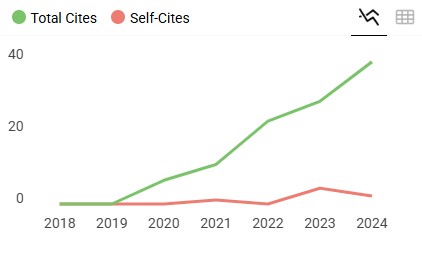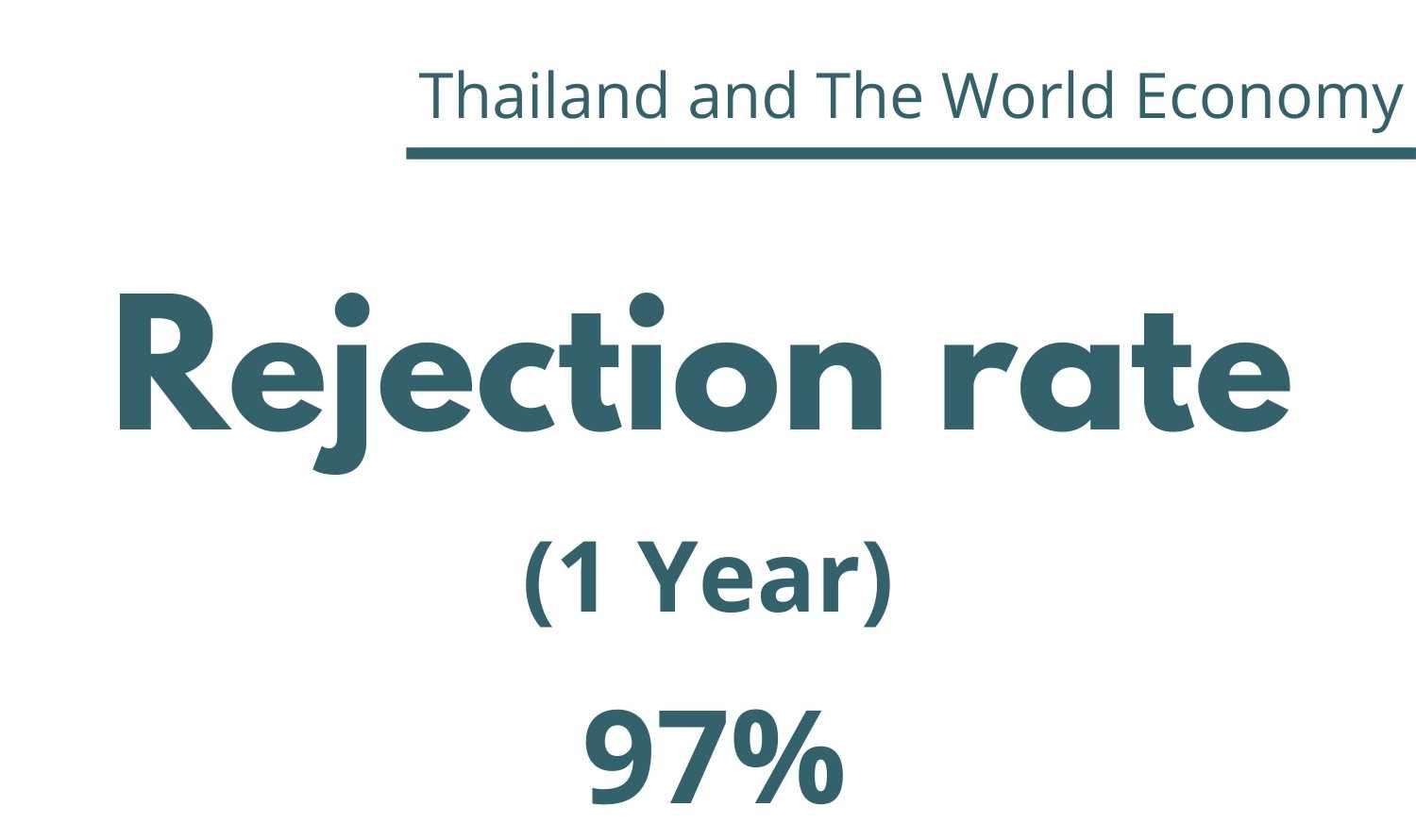How Facebook Has Enhanced Thailand’s Ethnic Women Entrepreneurs’ Community-Based Homestay Tourism Development
Keywords:
social media, homestay, tourism, Thailand, community-based tourism, women entrepreneursAbstract
This study inquired into a community of ethnic Lahu women in northern Thailand who utilize social media in community-based homestay tourism businesses to transform their socioeconomic statuses and negotiate traditional gender power relations. As a social construction, they have traditionally been limited to the domestic sphere, requiring them to do housework entirely, while men engage in the public sphere to generate family income. This scenario has maintained male superiority in ways that perpetuate gender inequality and the sociopolitical dichotomy of the public and private spheres. Due to technological modernity and economic development, social media has become a public sphere that these women are empoweringly using to cultivate economic and social capital. For example, as a marketing strategy, they use Facebook to promote their homestay tourism businesses locally and internationally. This space is also being used to negotiate gender power relations within their families and communities. Another notable element of this modern phenomenon is that these marginalized ethnic people, men and women alike, now transformatively realize the modern-day value of their ethnic identities. They are using social media and homestay tourism as soft-power tools for countering a national sociopolitical discourse that inaccurately portrays them as rural, uncivilized “forest destroyers.” This study underlines that the process of social empowerment includes gaining a sense of independence while taking individual and collective actions to transform discourses, institutions, and social norms to reflect a holistic understanding of traditional and modern social phenomena.
References
Ateljevic, I. (2008). Women empowerment through tourism. Retrieved from UNWTO https://www.unwto.org/archive/global/publication/women-empowerment-through-tourism.
Baker, S. 2006. Sustainable development. London: Routledge.
Beneria, L., Berik, G., & Floro, M.S. (2016). Gender, development, and globalization: Economics as if all people mattered (2nd ed.). New York: Routledge Talor & Francis Group.
Boonabaana, B. (2012). Community-based tourism development and gender relations in Uganda (Doctoral Dissertation), University of Otago, Dunedin, New Zealand.
Butler, J. (1990). From gender trouble: Feminism and the subversion of identity. In W. K. Kolmar & F. Bartkowski. (Eds.), Feminist theory: A reader (pp. 434 -442). New York: McGraw Hill.
Choowonglert, A. (2012). Negotiation authenticity: Cultural economy of the ethnic tourist market in White Tai villages, northwest upland of Vietnam (Doctoral Dissertation), Chiang Mai University, Chiang Mai, Thailand.
Cohen, E. (1996). Thai tourism: Hill tribes, islands and open-ended prostitution. Bangkok: White Lotus Co., Ltd.
Crenshaw, K. (1989). Demarginalizing the intersection of race and sex: A black feminist critique of antidiscrimination doctrine, feminist theory, and antiracist politics. University of Chicago Legal Forum, 1989 (1), 139–167. Retrieved from https://chicagounbound.uchicago.edu/cgi/viewcontent.cgi?article=1052&context=uclf.
Demovic, A. (2016). Where are the women when the tourists arrive?: Bodies, space, and Islamic femininity in rural Zanzibar. Journal of Africana Religions, 4(1),1
Doncha-um, D. (2012). Burmese migrant workers: Tactics of negotiation among domestic workers in Chang Klan community (Master Thesis), Chiang Mai University, Chiang Mai, Thailand.
Dunn, S. (2007). Toward empowerment: Women and community-based tourism in Thailand (Master thesis), University of Oregon, Oregon, USA.
Emerson, R. M., Fretz, R. I., & Shaw, L. L. (2011). Writing ethnographic fieldnotes (2nd ed.). USA: The University of Chicago Press.
Fuji, Y. (2010). Mobility and social networks of Lahu female vendors in northern Thailand (Master thesis), Chiang Mai University, Chiang Mai, Thailand.
Giddens, A. (1990). The consequence of modernity. Cambridge: Polity Press.
Goffman, E. (1959). The presentation of self in everyday life. New York: Bantam Doubleday Dell Publishing Group.
Hartmann, H. I. (1981). The unhappy marriage of marxism and feminism towards a more progressive union. In W. K. Kolmar & F. Bartkowski. (Eds.), Feminist theory: A reader (pp. 299-307). New York: McGraw Hill.
Jatuworapruek, T. (1998). Voices from marginalized people. Chiang Mai: Mingmuang.
Jatuworapruek, T. (2005). Boundary, identity, and commoditization: cultural politic of ethics in tourism context. Bangkok: Thailand Research Fund.
Juan, H., & Pibooonrungroj, P. (2007). Tourism development: A case study of home-stay service (Nongjiale) in a Ba Ethnic village. In M. Kaosa-ard (Ed.), Mekong tourism: Blessings for all? (pp. 140–193). Chiang Mai: Chiang Mai Within Design Co., Ltd.
Kaosa-ard, M. (2007). Mekong tourism: Blessings for all?. Chiang Mai: Within Design Co., Ltd.
Khuntaroj, P. (2014). Fei Srisombat with the participation of local politics, storytelling, experiences with women justice accessibility of a Mien woman. In W. Somsawasdi (Eds.), Life experience with the women justice accessibility of ethnic women (pp. 109–158). Nonthaburi: Wanidakarnpim.
Kumari, M. (2020). Social media and women empowerment. International Journal of Scientific & Technology Research, 9 (3),626-629.
Lattanasouvannaphonh, C. (2011). Tourism and the production of space in Luang Prabang, Lao PDR: A case study in the Ban Jek area (Master Thesis), Chiang Mai University, Chiang Mai, Thailand.
Luangaramsri, P. (1998). Hilltribe discourse. Social Sciences Journal, 11 (1), 92-129.
Makpun, P. (2008). Voices from the Mekong: Social networking and identity negotiation in the era of regional development in a Thai-Lao border community (Master Thesis), Chiang Mai University, Chiang Mai, Thailand.
Melissa, E., Hamidati, A., & Saraswati, S. M. (2013). Social media empowerment: How social media helps to boost women entrepreneurship in Indonesian urban areas. The IAFOR Journal of Media, Communication and Film, 1(1), 77-90.
Miller, D., Costa, E., Haynes, N., McDonald, T., Nicolescu, R., Sinanan, J., Spyer, J., Venkatraman, S., & Wang, X. (2016). How the world changed social media. New York: UCL Press.
Mohanty, C. T. (1984). Under western eyes: Feminist scholarship and colonial discourse. In W. K. Kolmar & F. Bartkowski (Eds.), Feminist theory: A reader (pp. 434–442). New York: McGraw Hill.
Moloney, M., & Fenstermaker, S. (2002). Performance and accomplishment: Reconciling feminist conception of gender. In S. Fenstermaker & C. West (Eds.), Doing gender, doing difference: Inequality, power, and institutional change (pp. 189-204). New York: Routledge.
Montreevat, C. (1998). The social construction of gender and morality in a Lahu community: A case study on Lahu women (Master Thesis), Chiang Mai University, Chiang Mai, Thailand.
Ngome, A. N. (2003). Gender division of labour and women’s decision-making power in rural households: The case of Mbalangi, Ediki and Mabonji villages of Meme division (Master Thesis), University of Buea, Buea, Cameroon.
Paasayawan, S. (2011). Politics of ethnic representation in tourist space: A case study of Lahu home stay at Yadoo village (Master Thesis), Chiang Mai University, Chiang Mai, Thailand.
Pantip. (2015). Korn Tai Tong Pai…Kuay Tiew Lak Sib, View Lak Larn…Kuay Tiew Chom View + Homestay Ban Jabo Mae Hong Son [Before you die, you must go to ... Affordable noodles with a million-dollar view ... Noodle dining with a view + Ban Ja Bo Homestay, Mae Hong Son]. Retrieved from https://pantip.com/topic/34541470
Pantip. (2017). [CR] Homestay Ban Jabol Thi Sud Khong Kham Wa. “Thipak Lak Loi…View Lak Larn” [Jongjourney] [Ban Ja Bo Homestay | The epitome of "affordable accommodation with a million-dollar view" [Discover this]. Retrieved from https://pantip.com/topic/37204836
Prachvuthy, M. (2006). Tourism, poverty, and income distribution: Chambok community-based ecotourism development, Kirirom National Park, Kompong Speu province, Cambodia. Journal of GMS Development Studies, 3, 25–40.
Rose, G. (2001). Visual methodologies: An introduction to researching with visual materials. London: SAGE Publications Ltd.
Sarobol, S., Wongtubtim, U., & Songpornvanich, S. (2002). Community-based tourism: Concepts and experiences. Bangkok: Thai Research Fund.
Strassen, C. Z. (2007). Lahu ethnicity and meanings of social space (Doctoral Dissertation), Chiang Mai University, Chiang Mai, Thailand.
Sudprasert, K. (2008). Changing gender relations of Hmong women hemp traders: From village to market (Master Thesis), Chiang Mai University, Chiang Mai, Thailand.
Svetamra, A., Deeburi, K., Sujinprum, V., & Lekboriboon, W. (2013). Gambling in the feminist political economy perspective: Women’s views on lottery in upper northern communities. Bangkok: The Gambling Problem Studies Center, Chulalongkorn University.
Swain, M. B. (1995). Gender in tourism. Annals of Tourism Research, 22 (2), 247-266.
Talinbayi, S., Xu, H., & Li, W. (2018). Impact of yurt tourism on labor division in Nomadic Kazakh families. Journal of Tourism and Cultural Change, 7, 1-17.
Tao, C., Guo, L., & Lin, Y. (2016). Research on status changes of Hakka women under tourism development: A case study of Luodai ancient town in Chengdu, Sichuan. Tourism Tribune, 31 (10), 94-104.
UNWTO. (2011). Global report on women in tourism 2010. Retrieved from World Tourism Organization https://www.e-unwto.org/doi/epdf/10.18111/9789284413737.
Wen, Z. (2007). Tourism development: Protection versus exploitation a case study of the change in the lives of the Mosuo people. In M. Kaosa-ard (Ed.), Mekong tourism: Blessings for all? (pp. 107–123). Chiang Mai: Within Design Co., Ltd.
West, C., & Zimmerman, D. H. (1984). Doing gender. In J. Lorber & S. A. Farrel (Eds), The social construction of gender. Newbury Park: Sage Publications.
Downloads
Published
How to Cite
Issue
Section
Categories
License
Copyright (c) 2024 Thailand and The World Economy

This work is licensed under a Creative Commons Attribution-NonCommercial-NoDerivatives 4.0 International License.










